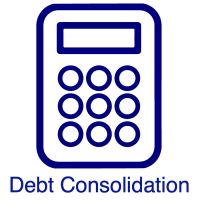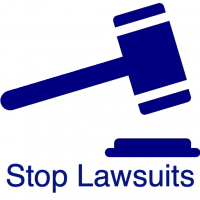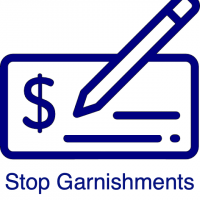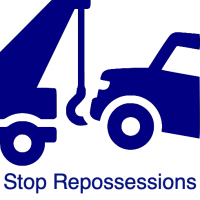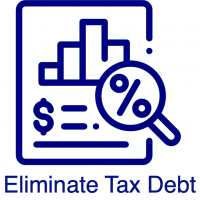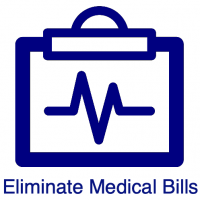The effect of Chapter 13 on credit?
A Chapter 13 affects your credit in multiple ways, though not always negatively. Depending on your credit score and your debt profile before filing Chapter 13 bankruptcy, your credit may improve. After all, filing a Chapter 13 is the process of repaying your debts, so it shows a willingness to pay, and there are quick ways to help rebound after filing.
Your credit usually suffers if you have multiple credit accounts with high interests. You look less attractive to creditors since your debt to income ratio is too high to seem like a good candidate for mortgage or car loans. Relieving yourself of personal liability on these debts increases your attractiveness to creditors and opens you up to better avenues to improve your credit.
Since a Chapter 13 requires the payment of a portion of your debts, it will remain on your credit for 7 years. And although the bankruptcy tick will hurt your credit score, you can rehabilitate your credit after filing. After you receive your discharge from you Chapter 13, you can to improve your credit by obtaining good credit such as secured credit cards.
Some solutions to improving your credit include: (1) making small use of credit cards and pay them off each month; (2) keeping track of your credit weekly by subscribing to a service such as Experian; (3) do not use too many credit cards at once and do not apply for too many credit cards; and (4) boost your credit score by including on-time utility and service payments.
If you need to speak to an affordable bankruptcy lawyer in Elizabethton, Johnson City, Kingsport or surrounding areas to see if filing a Chapter 13 Bankruptcy is in your best interest and the long-term effects of bankruptcy on your credit, let me know. Call or click for a free consultation.

